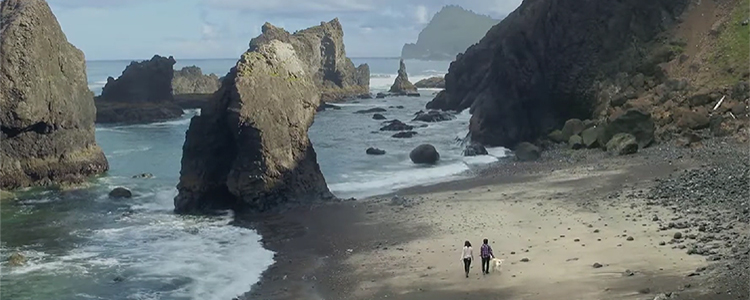New Lincoln County vacation rental rules on hold until court decision on ballot measure
- Dec 14, 2021 | Jennifer Sokolowsky

New short-term rental rules set by a recent ballot measure in Lincoln County, Oregon, are on hold until a lawsuit challenging the referendum is resolved.
A Lincoln County Circuit Court judge ruled on December 8 that the county cannot enforce the provisions of Measure 21-203, which was approved by county voters in the November election, while the lawsuit proceeds. According to the judge, the suit could be decided by March if all parties agree to a timeline for filing motions. A hearing is scheduled for March 2, 2022.
The lawsuit was filed November 30 by four Lincoln County short-term rental owners, saying the new rules negatively affect the use and value of their properties.
County commissioners passed a moratorium on issuing new short-term rental licenses on December 3, ordering the Lincoln County Sheriffs Office to suspend all new STR license processing until the Lincoln County Circuit Court rules. The suspension does not apply to currently pending or processing new applications for licenses that are not in R-1, R-lA, and R-2 zones as of December 3.
Under the ballot measure, Lincoln County would stop issuing new short-term rental licenses while phasing out vacation rentals in single-family residential areas in unincorporated parts of the county over five years. The measure was a response to concerns about the effect of vacation rentals on neighborhoods and housing prices.
Just before the November election, county commissioners voted to update the county’s short-term rental regulations. These new rules are separate from those of the ballot measure and go into effect in late January 2022. Under these rules:
· Short-term rental operators cited for operating without a license are disqualified from receiving a license in the future.
· Short-term rental operators may not advertise their rentals or make them available without a license
· The number of licenses that can be issued in each area is limited
The amendments to current law also clarify short-term rental law enforcement.
The county’s original rules, passed in 2016, require short-term rental hosts to obtain a license, display publicly visible signage, and follow rules on parking, garbage, quiet times, sewage systems, occupancy limits, and more.
Short-term rental hosts in Lincoln County also must register with the Lincoln County treasurer and collect county transient lodging taxes at the time of payment and pass those on to tax authorities. Vrbo collects county taxes on behalf of its hosts, but Airbnb does not collect local lodging tax for its Lincoln County listings.
Operators are also required to collect and pay state lodging taxes. In Oregon, all short-term rental marketplaces are required to collect state lodging taxes on all bookings. Hosts are responsible for collecting any taxes that are not collected for them by short-term rental marketplaces.
MyLodgeTax can help short-term rental hosts automate and simplify lodging tax obligations. For more on lodging taxes, see our Oregon vacation rental tax guide. If you have tax questions related to vacation rental properties, drop us a line and we’ll get back to you with answers.











